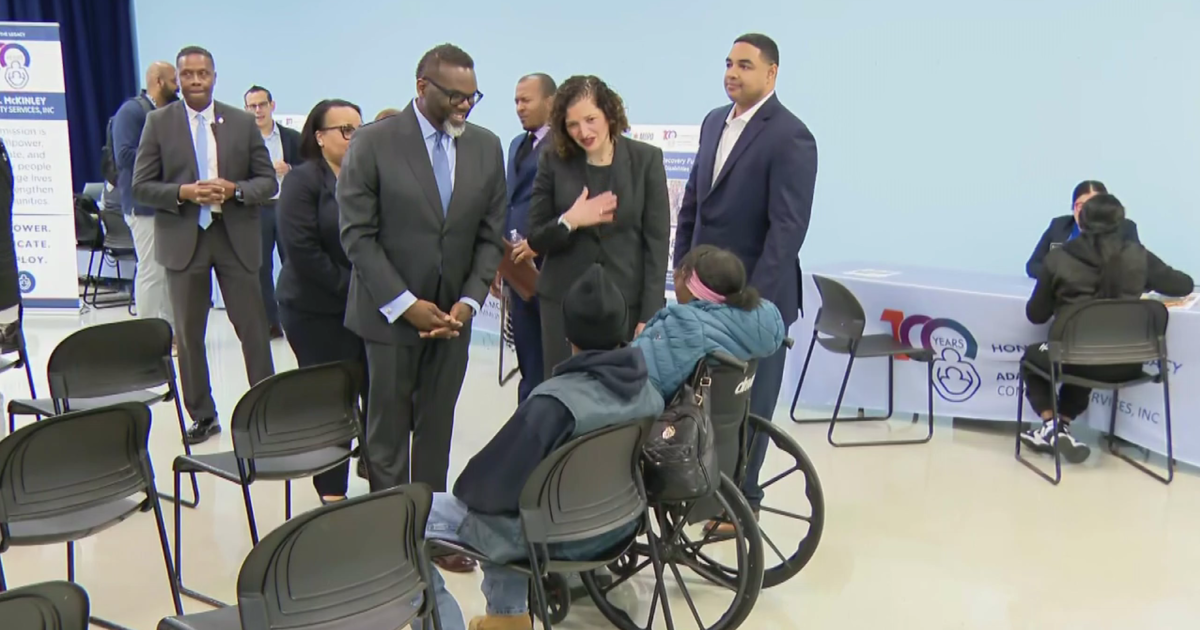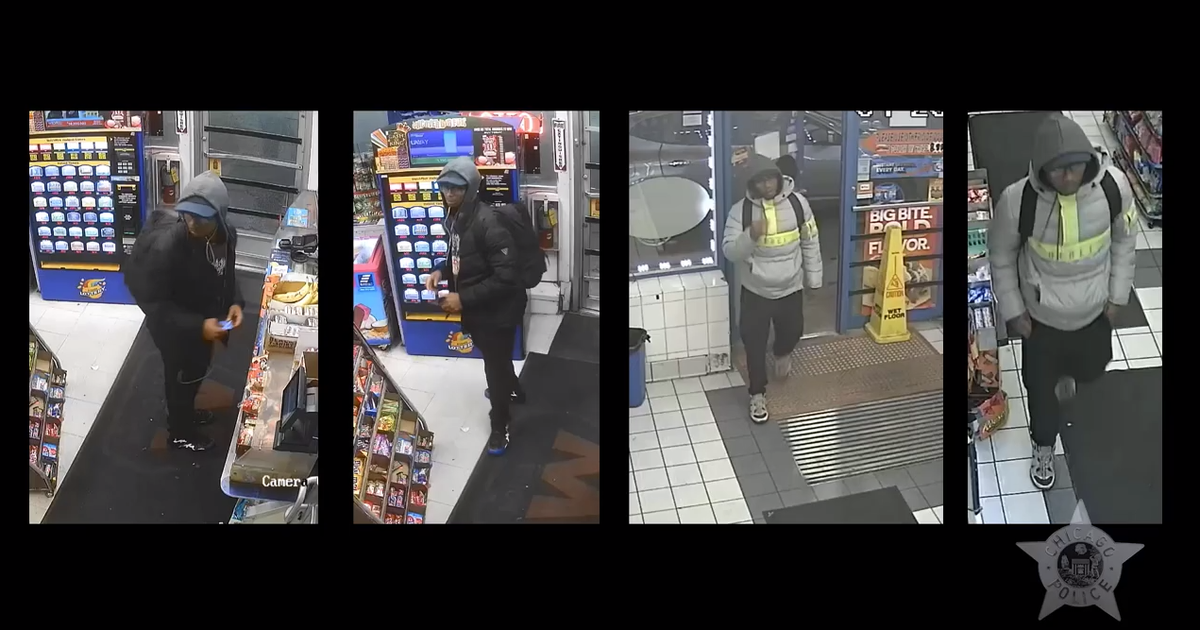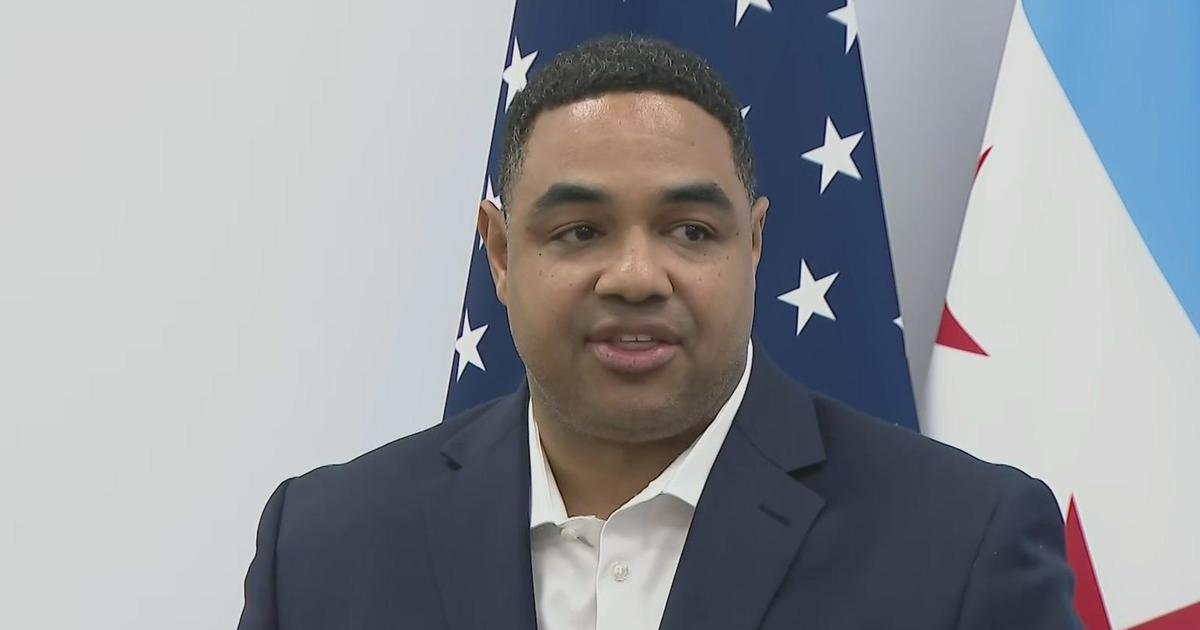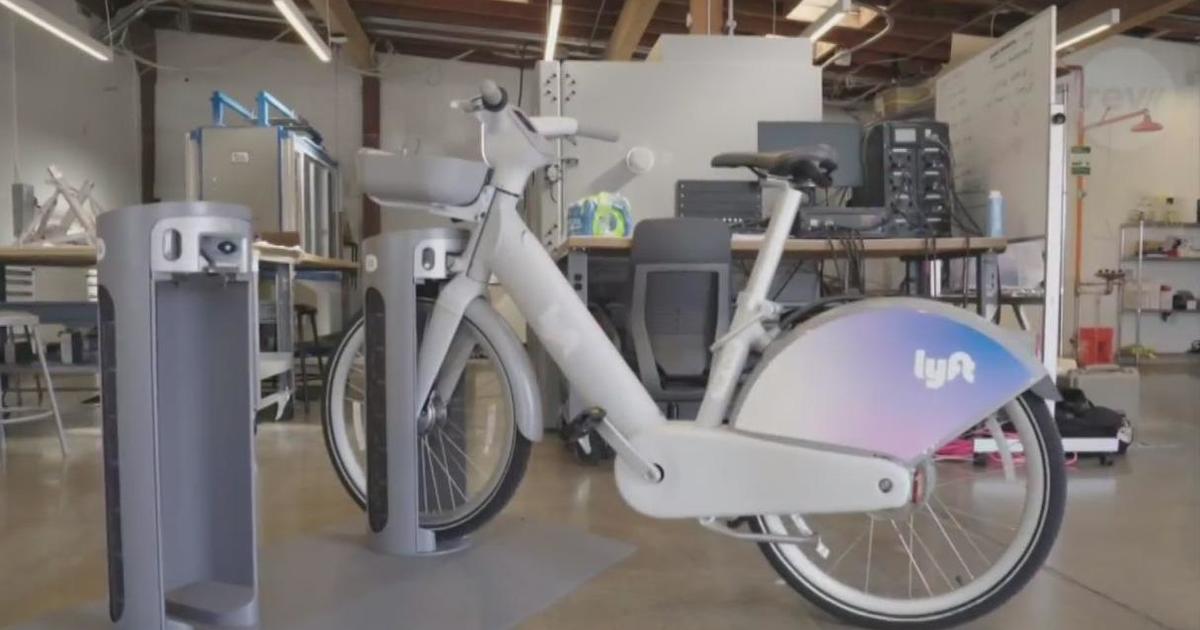Lightfoot Warns Mask Mandate, Other COVID Rules Could Return If Cases Spike Again, But No Hesitation With Hosting Lollapalooza This Weekend
CHICAGO (CBS) -- For the second time in the past week, Mayor Lori Lightfoot is warning that a mask mandate or other COVID-19 restrictions might be necessary again if there's a rise in cases similar to the first wave of the pandemic or the fall surge in cases last year, but she said she has no reservations about moving forward with Lollapalooza this weekend.
"If we see a surge – anything like what we've seen in the past couple of cycles – then everything's on the table, but right now I feel confident with the measures that are in place, but everything is subject to change based on the data and the science," Lightfoot said Monday afternoon.
Earlier in the day, Lightfoot told the New York Times she would consider reinstating a mask mandate and other efforts to contain the spread of the virus if Chicago surpasses an average of 200 new cases per day. According to the latest metrics provided by the Chicago Department of Public Health, Chicago was averaging 148 cases per day as of Wednesday.
Either way, Lightfoot said people who have not been vaccinated should be wearing masks in public, and should get their shots as soon as possible to help get the virus back under control.
"We are not in a danger area, based upon the metrics that we follow, but I do think it's smart for people to wear masks. When you're in a group, you don't know who's vaccinated or not. We know that the risk to the unvaccinated is extremely high, not only for them getting sick, but also transmitting," she said.
Lightfoot also warned last week that the city might be forced to reinstate some COVID-19 restrictions if more people don't get vaccinated against COVID-19 and new cases start to surge again.
Meantime, New York City will be requiring its municipal employees to be vaccinated by the time school starts in the fall, or submit to weekly COVID testing, and the state of California will be requiring state workers and health care employees to provide proof of getting the COVID-19 vaccination or do weekly testing beginning next month.
Lightfoot said she is in talks with the various labor unions representing Chicago city workers about similar rules here.
"We're looking at a lot of different options, and obviously we're a unionized town, as is New York. We'll be having those conversations with our partners in organized labor to make sure that everybody's walking on the journey at the same time, but we have to look at a variety of options," she said.
The mayor said city officials are particularly concerned about the spread of the more contagious delta variant, which is believed to be responsible for most of the new cases in Chicago.
"The numbers are clear, 97% of the deaths, same number for hospitalizations, are among people that are not vaccinated. That is alarming, concerning," she said.
Despite those concerns, Lightfoot said she has no second thoughts about allowing Lollapalooza to go forward this weekend at full capacity. The music festival typically draws 100,000 fans per day to Grant Park, and the mayor said organizers have done a tremendous job of educating visitors about the need to get vaccinated, or show proof of a negative COVID-19 test.
"I don't have any hesitation about Lolla, particularly because the organizers have been very focused on public health and public safety," Lightfoot said.
However, the rules for how recently Lollapalooza visitors must have tested negative for COVID if they're not vaccinated have changed since the city first confirmed in May that the festival would be returning, after last year's event was canceled due the pandemic. Originally, the city and organizers said ticketholders must either show proof they've been fully vaccinated, or proof they've tested negative for COVID within 24 hours of attending the festival. However, the testing requirement has since changed to a more lenient 72-hour window.
Lightfoot only added to the confusion on Monday, when she said a negative test must be obtained within 48 hours of attending Lollapalooza. The mayor said "if I've got that wrong, we'll correct it, but the point is you've got to demonstrate as you come in the gate that you have a negative test within a reasonable period of time, because we don't want people coming in who are unvaccinated who have not taken the time to get a COVID test and demonstrate that they're negative."
The mayor also shrugged off criticism from Dr. Emily Landon, executive medical director for infection prevention and control at the University of Chicago Medical Center, who has said it's a bad idea to go forward with Lollapalooza with COVID-19 cases on the rise, especially with the more contagious delta variant now becoming the dominant strain.
Lightfoot said she disagrees with Landon, and trusts Chicago Department of Public Health Director Dr. Allison Arwady, who she said has been working with Lollapalooza organizers to make sure they are following public health guidance, "and that we're all on the same page about what is needed."
"We know, now for a year plus, that the danger of transmission is less outside than it is inside," Lightfoot said.
The mayor also said there have been many large-scale events held in Chicago since the city fully reopened on June 11, without a major uptick in cases.
"If I thought for a moment that shutting down Lolla would prevent further spread in the way that we're seeing it, then I wouldn't hesitate to do that, but as I said, it's outdoors. We've been having large-scale events all over the city since June without major problems or issues," she added. "So God bless the critics standing on the sidelines, but I feel confident that the Lolla folks have a good solid plan in place, and we're going to obviously hold them accountable to make sure that that plan is enforced."



